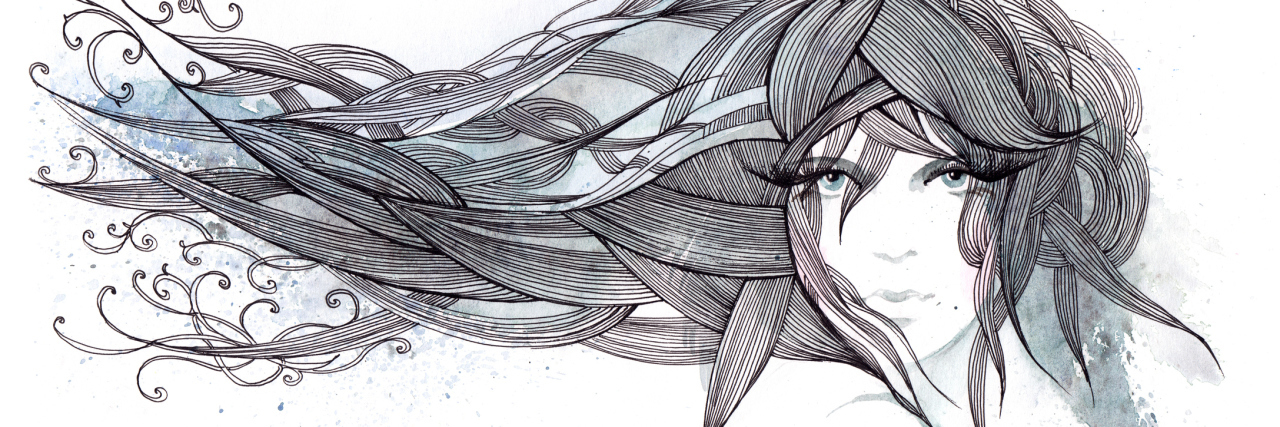Dissociation is a hallmark of borderline personality disorder (BPD). BPD is marked by rapid mood swings and unstable shifts in identity and relationships. I was diagnosed with borderline by a school psychologist in 2016 and re-diagnosed by a psychiatrist in 2017 after two years of suspecting that I had the illness.
Because I experienced a unique form of dissociation, I often questioned whether or not I had the disorder.
For the longest time, when I heard my friends describe their experiences with dissociation, I couldn’t relate, to the point where I thought I didn’t experience dissociation at all. Though they didn’t have borderline, they would talk about the times they dissociated as states of unreality. There were moments where they stepped out of time, felt outside themselves, distant from their actions and the people around them. I would not experience this more clinically recognizable form of dissociation until my trip to the psych ward last February, where everything felt surreal, unreal and like a bad dream.
Up until my stay in the psych ward, I had only experienced another form of dissociation – “emotional dissociation.” And ever since, emotional dissociation is still the only form of dissociation that I consistently exhibit.
What is emotional dissociation?
To put it simply, emotional dissociation is the unconscious suppression of or distancing from one’s emotions.
In my case, after speaking with my therapist I discovered that I emotionally dissociate. I told her I have trouble recalling entire days, weeks, months and even years in my memory. When I look back on my life, some years shine like gold in my memory, and those are the ones I remember well. Others, years in which I have been particularly mentally unwell, have a certain grayish hue to them, and they are just blurs in my mind. If someone asks me if I remember an event, I’ll at least recall something vaguely, but that point in my life will forever be a haze. It is for this reason I have started keeping a journal, marking every day of my life in writing so that my experiences remain in sharp detail.
What my therapist theorized concerning why these memory lapses occur is this: she said that what happens to me is the same process that happens to people who have been through traumatic events. To deal with their trauma, some people distance themselves from reality (in the other form of dissociation), and as such they cannot remember the events as they transpired. Mental and emotional dissociation work the same way. Dissociation is the brain’s survival mechanism, both mental and emotional.
I realized that I likely suppress many of my emotions because the dramatic mood swings of borderline are probably too much for me to take most of the time. Somewhere in my childhood, I probably learned to just push those feelings down because the swings were too tough to handle. Now that I am older, I am trying to just feel emotions fully when they arise. I still can’t control when I don’t feel and when I do, but that will come.
So to anyone questioning if they have BPD, or if they dissociate or not, because they do not dissociate from reality but they do dissociate from their emotions, consider that you may be experiencing emotional dissociation.
Follow this journey on Mental Maverick.
If you or someone you know needs help, visit our suicide prevention resources page.
If you need support right now, call the National Suicide Prevention Lifeline at 1-800-273-8255 or text “START” to 741-741.
We want to hear your story. Become a Mighty contributor here.
Thinkstock photo via AnkDesign

